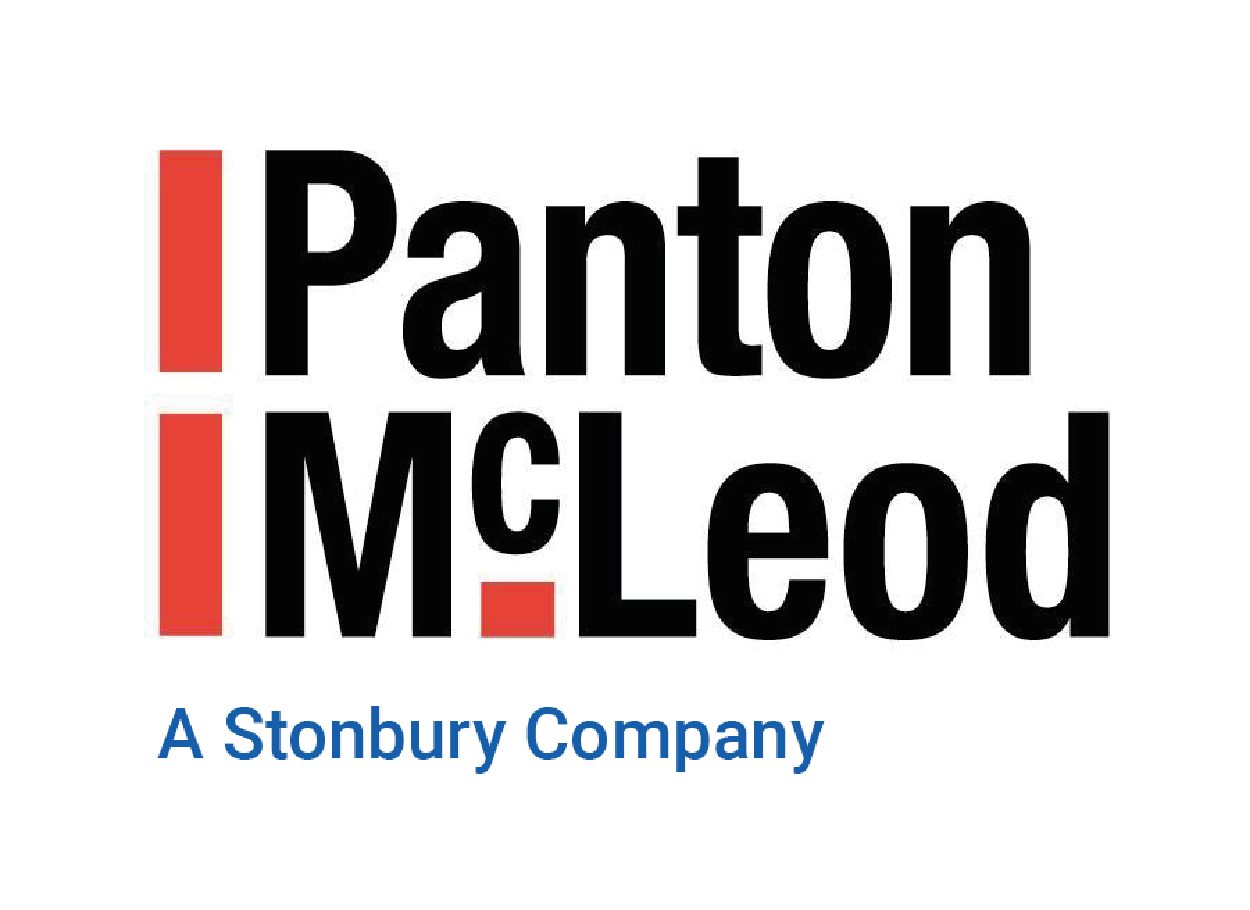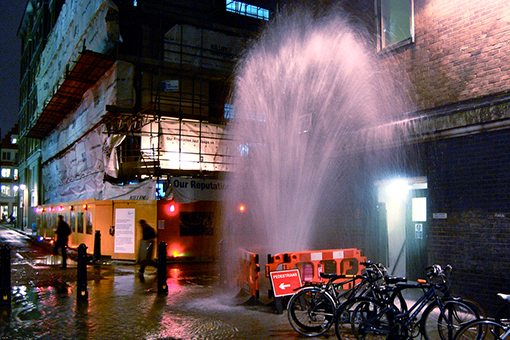Some days at work are so fulfilling, for example after the award of a new framework contract, one that has resulted from years of planning, good service and dedication, others are not so good, especially when your hard work doesn’t result in the targeted outcome. But when it comes to pressure testing there can be another type of bad day, the day (or days) that you need to tell a client their pipework has failed its test, and these days often result after a huge amount of care and effort.
Nobody wants to hear bad news, especially if that news suggests an issue with the standard of works within their control.
Pressure testing is essential to the provision of safe distribution assets that perform over an extended period, failure to provide this leads to leakage, bursts and a huge amount of wasted resource.
When we complete a pressure test we use the latest equipment to ensure the most accurate results, and best long-term outcome, we also do as much as we can to get the client the best result at the first time of asking.
Due to the advances in testing standards and measuring equipment, the margin for error is smaller than ever. Add to this that over the 1 hour ductile Iron test period the identified leak may only constitute 4 tablespoons of water (which happened recently). Within the grand scheme of the construction of a new WTW, this might not seem important to the parties directly impacted on the day, especially as this result will lead to them having to adjust the entire project plans going forward and might then mean numerous follow-on actions such as re-planning into supply dates.
In reality, though this leak will not only occur over the test period it will continue, and when you consider the impact a small stream of water can have over a day, week, year and beyond to effects can be massive.
The ongoing unseen erosion caused by this flow can often agitate the backfill which in turn will abrade the pipe material and eventually cause a burst, add to this that if a void is left by the erosion then over time significant ground movement can develop. Bursts and erosion can be catastrophic if the land above is used for an essential service like a railway or busy road.
To complete a successful test also requires the pipework to be as free from the air as possible (less than 4% is required for a valid short-term test). As well as masking leakage, compressed air in pipework under test pressures could potentially have catastrophic consequences if the pipe fails. The compressed air can rapidly expand and eject large quantities of water and infrastructure. The installation of features such as butterfly valves can also be very troublesome when trying to carry out swabbing to ensure the pipe is clean and the air is removed prior to testing.
Early engagement with the client is often extremely beneficial since new pipework is often designed to be fit for purpose when it is connected to the system rather than for the testing during the commissioning phase.
So after all of that, it can feel that you have spoiled Christmas by informing a project manager of a newly discovered problem, and the impending delay to this programme.
So finding a failure can be positive? Yes and no, if it gets to that stage then finding the issue is the most productive step in the project as it leads to the identification and rectification of the issue, but we are looking at improved methods of working with clients to ensure that first-time pass. This is the most cost-effective and holds the least environmental impact.
We hope that lessons learnt from the previous failures can help steer improvements in collaboration between us and our clients. A key initiative that is showing great benefit is embedding some specialist engineering support within the project team at an early stage to engineer out as much risk as possible, this ultimately reduces project duration, improves safety and minimises over project cost.
Even with all of this understood by all parties the long walk to the project office to deliver the news is never going to be a happy one, but hopefully, this will happen less and less and our goal of first time every time will be the result.
Find out more about our Pipeline Services or for more information, contact the team on 01896 663 330 or email info@pantonmcleod.co.uk
Keep up to date with all our latest news via Twitter. Follow us at Panton McLeod

